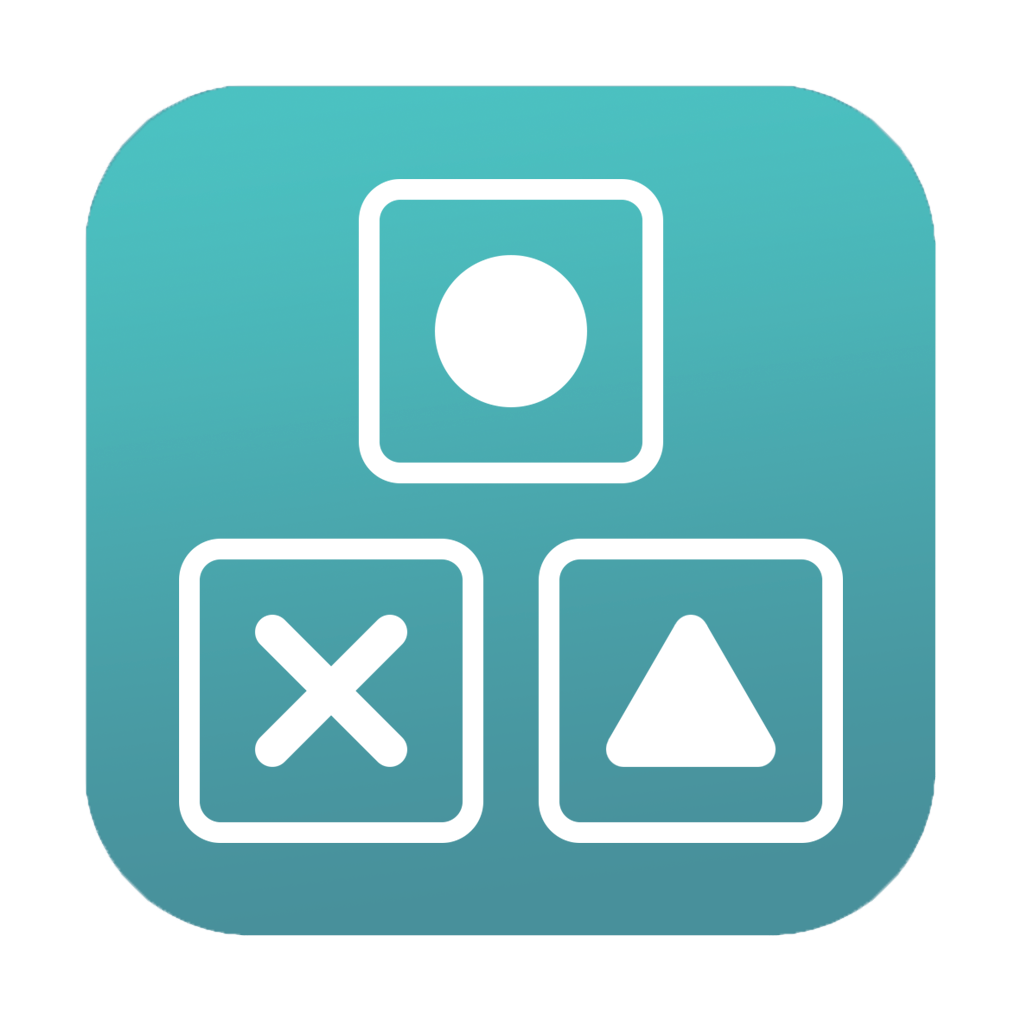Markers for Persistent Specific Expressive Language Delay in 3-4-year-olds
Everitt, A., Hannaford, P., Gina Conti-Ramsden, G.
International Journal of Language and Communication Disorders
2013. Volume 48, Issue 5.
Abstract: Background: Identifying 3-4-year-olds who are most at risk of persisting language difficulties, and possibly specific language impairment (SLI), is difficult due to the natural variation of language in young children. In older children, markers for SLI have been identified that differentiate between children with and without SLI. It is not known whether these markers can be used at an earlier age to identify children most at risk of persisting language difficulties.
Aims: To identify possible risk markers of current status that distinguish children who have specific expressive language delay (SELD) from the variation observed in normally developing children at age 3;0-4;0 and 4;0-5;0. To determine the most suitable measure(s) that would predict which children with SELD at age 3;0-4;0 were likely to have persistent expressive language delay (PELD) at age 4;0-5;0.
Methods & procedures: Forty-seven children with SELD and 47 children with typical language development (TLD) were assessed on language, nonverbal IQ and marker tasks at age 3;0-4;0 (baseline). Ninety-one children were reassessed on the measures one year later (follow-up). At both time points, the marker tasks were compared with a reference standard (Expressive Communication subscale (EC) of the Preschool Language Scale-3 (PLS-3) (UK)) to determine the most useful marker for identifying children with SELD. Possible predictors were examined to determine the most suitable measure(s) that would predict which children with SELD at baseline were likely to have PELD at follow-up.
Outcome & results: A modified version of Recalling Sentences, a subtest of the Clinical Evaluation of Language Fundamentals (CELF)-Preschool UK, was the most useful marker for identifying children with SELD at baseline and at follow-up. Thirty-five (76.1%) of the 46 children with SELD at baseline had PELD at follow-up. Performance on the Auditory Comprehension (AC) and EC subscales of the PLS-3 (UK) and on modified Recalling Sentences at age 3;0-4;0 were predictors of PELD at age 4;0-5;0.
Conclusions & implications: A modified Recalling Sentences task was a good risk marker for SELD at age 3;0-4;0 and SELD at age 4;0-5;0. PLS-3 AC, PLS-3 EC and modified Recalling Sentences at baseline were the best predictors of PELD. The use of modified Recalling Sentences as a predictive marker requires confirmation.

